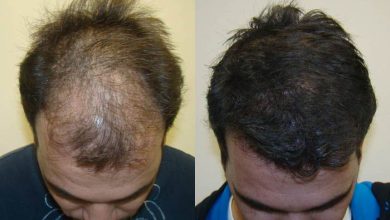First Impression MAC Beauty Powder

Brand Name: M.A.C
Shade: Sunny Surprise
Finish: Satin
Priced at: $22 at M.A.Cexcluding taxes
Overall Rating: Not applicable on first impressions
Packaging Highlights
- Comes in a standard M.A.C powder packaging
- The compact comes packed in a black M.A.C card box
- Nothing too fancy or unique about the packaging
This is a first impression on M.A.C beauty product which I tested in store. Initially I thought it was a blush but upon swatch it turned into a beautiful satin finish pearlescent powder that instantly added a breathtaking satin glow to my hand. Here are some first impression highlights of this M.A.C beauty powder in the shade “Sunny Surprise”.
- Beautiful baby pink color that gives a youthful glow
- Super soft, creamy and buttery formulation
- Glides on like butter on skin
- Instantly radiates, illuminates and energies the face
- Leaves a very subtle hint of pink with glow on your skin
- Beautiful finish
- Lasts a decent amount of time
- Great for highlighting or just adding a pop of color on your cheeks with a healthy glow on no-makeup makeup days
- Can be used all over the face as foundation without adding an extra layer of heavy liquid or cream foundations
- Creamy powder formula that melt like butter but looks powdery in the pan
- The dewy glow it leaves on your skin is something to die for
- Can be used all over the face
Do I recommend buying it?
Yes, I absolutely recommend buying it for everyone looking for a powder that is creamy, not cakey, glides on like butter and leaves skin looking dewy and energized. I cannot comment much on the effects of regular use as this is a first impression post of a thorough in-store swatch. I fell so much in love with the product that I have already ordered the full size and will now come back with a review after regular use.
Ingredients
By : Natural Health News






